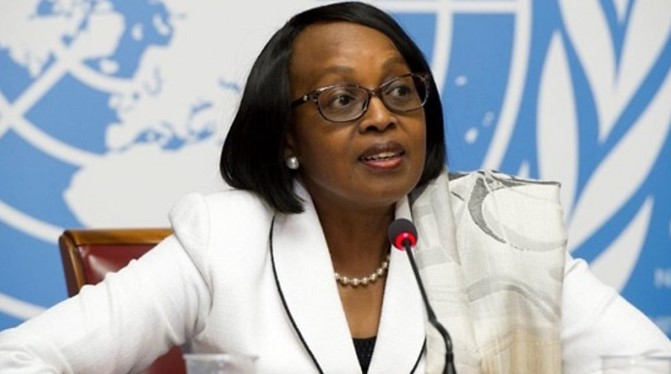Africa records decrease in maternal mortality – WHO

The World Health Organization (WHO) revealed Africa’s progress in maternal mortality over the past decade stating that more women and children are surviving today than ever before.
Dr. Matshidiso Moeti, WHO Regional Director for Africa, highlighted these advancements in a statement commemorating World Health Day (WHD) celebrated annually on April 7.
Under the theme of ‘My Health, My Right,’ Moeti urged UN Member States to uphold the progress towards fulfilling the right to health, a commitment established in 1948 and enshrined in the WHO Constitution.
Africa’s progress in maternal health
Moeti lauded the notable improvements in the maternal health in Africa. She cited statistics indicating a positive trajectory: African women’s life expectancy surged from 54 to 67 years between 2000 and 2020.
- Additionally, maternal mortality rates witnessed a 33% decline, plummeting from 788 to 531 maternal deaths per 100,000 lives during the same period.
- The reduction in under-five mortality by 50% from 2000 to 2017 further underlined Africa’s progress in healthcare.
- Furthermore, Moeti highlighted significant strides in combating diseases such as HIV/AIDS and tuberculosis (TB).
- Between 2011 and 2021, new HIV infections and AIDS-related deaths decreased by 44% and 55%, respectively, across Africa. TB-related deaths also declined by 26% during this period.
Moeti applauded Member States’ efforts in advancing Universal Health Coverage (UHC) through policy reforms and the establishment of National Health Insurance Schemes (NHIS) and Social Health Insurance (SHI) schemes.
Several countries have embraced an integrated Life Stages Approach, prioritizing individual health at each life stage and the corresponding care requirements.
What you should know
Despite these gains, Moeti emphasized persistent challenges, including health inequities and barriers to accessing quality essential services.
Vulnerable groups, especially rural and low-income populations, face significant disparities in healthcare coverage. Ongoing crises such as conflicts, climate change, and epidemics further exacerbate these challenges.
Moeti stressed the importance of addressing these disparities, urging intentional efforts to integrate the needs of vulnerable populations into health programs at all levels.
Notably, while HIV transmission rates have decreased, disparities in reproductive, maternal, newborn, child, and adolescent health interventions persist.



